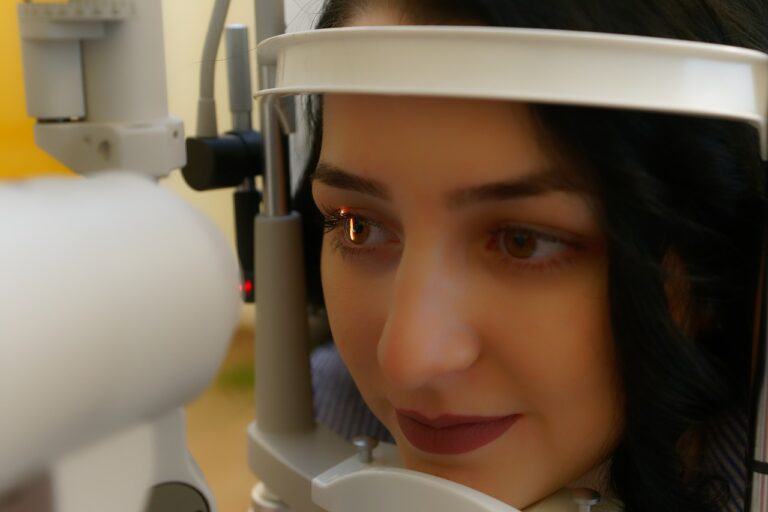Exploring the Impact of Health Apps on Patient Engagement
Health apps have been gaining significant traction in the realm of healthcare in recent years. These digital tools are revolutionizing the way patients manage their health and interact with healthcare providers. With the convenience of accessing health-related information at their fingertips, patients are becoming more empowered and engaged in their own well-being.
The proliferation of health apps can be attributed to the widespread use of smartphones and other mobile devices. This technology enables users to easily track their fitness, monitor their vital signs, and even receive virtual consultations. As a result, healthcare delivery is becoming more personalized and accessible, transcending geographical barriers and enhancing the overall patient experience.
Benefits of Using Health Apps for Patient Engagement
Health apps have revolutionized the way patients engage with their healthcare providers. These applications offer a convenient platform for users to track their health metrics, appointments, and medication schedules. By empowering patients to take an active role in managing their health, health apps foster a sense of ownership and accountability in their well-being.
Moreover, health apps facilitate seamless communication between patients and healthcare professionals. Through secure messaging features, patients can easily seek advice, share updates on their health status, and receive prompt responses from their providers. This instant connection not only enhances the overall patient experience but also ensures timely interventions and proactive healthcare management.
• Health apps provide a convenient platform for users to track health metrics, appointments, and medication schedules.
• Empower patients to take an active role in managing their health.
• Foster a sense of ownership and accountability in their well-being.
• Facilitate seamless communication between patients and healthcare professionals.
• Secure messaging features allow patients to seek advice, share updates on health status, and receive prompt responses from providers.
• Enhance the overall patient experience by ensuring timely interventions and proactive healthcare management.
Challenges in Implementing Health Apps for Patient Engagement
Implementing health apps for patient engagement can present significant challenges for healthcare providers and patients alike. One common issue revolves around the lack of interoperability among different health apps and electronic health record systems. This disconnect can hinder the seamless sharing of critical patient information, leading to fragmented care and potential medical errors.
Moreover, the security and privacy of patient data remain a pressing concern when using health apps. These apps often gather sensitive information about an individual’s health status, which can be vulnerable to breaches and cyber-attacks. Safeguarding this data and ensuring compliance with strict healthcare regulations are essential for building trust and encouraging widespread adoption of health apps for patient engagement.
What are some common challenges in implementing health apps for patient engagement?
Some common challenges include data privacy concerns, lack of user adoption, integration with existing systems, and ensuring the app is user-friendly for patients.
How can healthcare providers overcome the challenge of data privacy concerns with health apps?
Healthcare providers can address data privacy concerns by ensuring the app complies with all relevant regulations, implementing strong security measures, and being transparent with patients about how their data will be used.
What strategies can healthcare providers use to increase user adoption of health apps?
Healthcare providers can increase user adoption by providing training and support for patients using the app, promoting the app to patients, and incorporating patient feedback to continuously improve the app.
How can healthcare providers ensure that health apps are integrated with existing systems?
Healthcare providers can ensure that health apps are integrated with existing systems by working closely with IT departments, conducting thorough testing before implementation, and ensuring compatibility with other systems.
What steps can healthcare providers take to ensure that health apps are user-friendly for patients?
Healthcare providers can ensure that health apps are user-friendly for patients by conducting user testing, incorporating patient feedback, providing tutorials and support, and designing the app with a focus on simplicity and ease of use.





